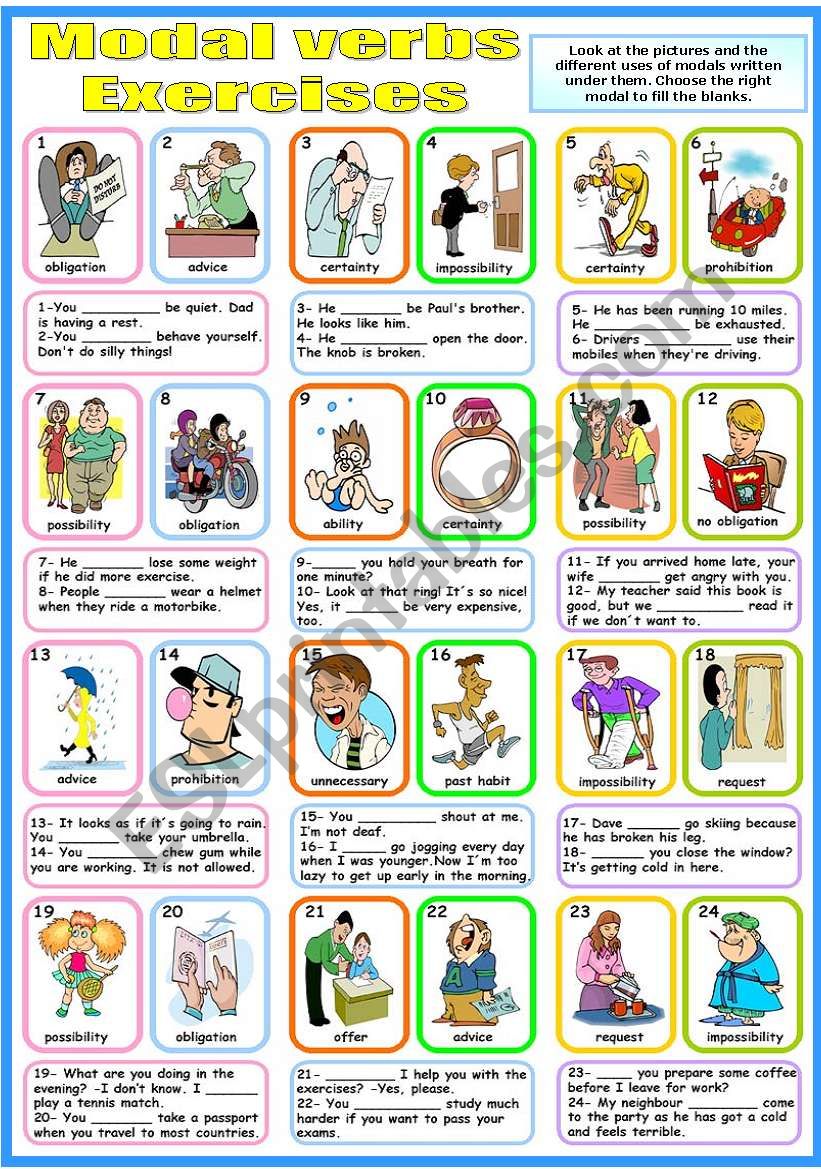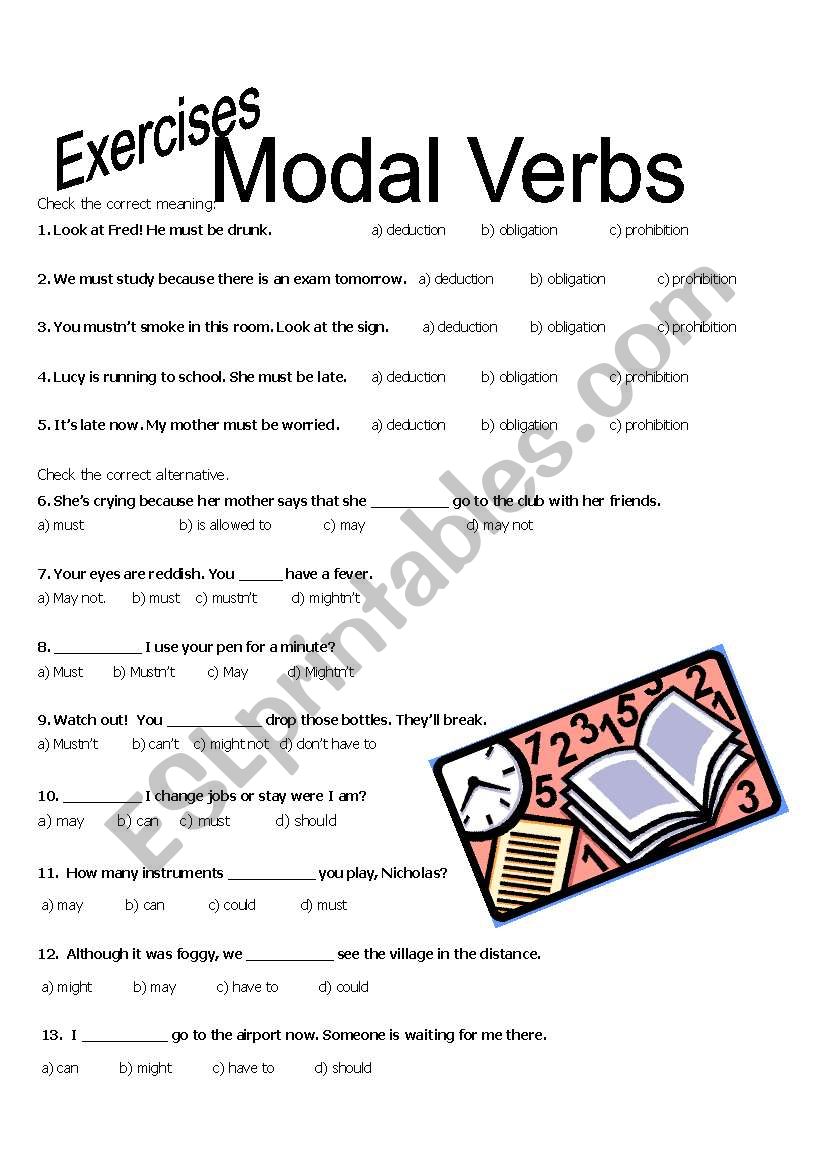

Language: English School subject: English as a Second Language (ESL) Grade/level: 4 Grade Age: 9+ Main content: Giving advice Other contents: Should- Shouldn't Add to my workbooks (309) Download file pdf Embed in my website or blog Add to Google Classroom Add to Microsoft Teams Share through Whatsapp The lesson recycles some of the vocabulary covered in the worksheet Describing colleagues. The worksheet includes a grammar exercise on should/shouldn't + infinitive for giving advice and expressing expectation. In this lesson, students read an article about the phrases that they should avoid using in their careers. Adult ESL Lesson: Problems, Advice, and Suggestions (Intermediate) This intermediate adult ESL lesson features warm-up questions and a reading passage, followed by a critical thinking activity and discussion questions. ESL Gold is dedicated to being the fastest and easiest way to learn English as a Second Language online. Check your understanding by hovering over the info bubbles for simple explanations and handy tips.Used harley baggers for sale near me Short Reading Exercises.
MODAL VERBS EXERCISES PLUS
Each grammar topic comes with one free exercise where you can review the basics, as well as many more Lingolia Plus exercises where you can practise according to your level.

Max’s father couldn’t work in the garage alone. Was Max able to change the tyre yesterday? Max’s father could remember changing his first tyre. Example: Max’s father could do everything in the garage. The negative couldn’t can be used in all three cases. We use was/were able to when we talk about something specific in the past. We use could for general ability and with the verbs feel, hear, see, smell, taste, remember and understand. * We use could and was/were able for the past of can. Of course, we can also use the alternative forms (except for could) in other tenses. Max’s father also was supposed to/was expected to/was to work in the garage often. Max should work in the garage more often. To be supposed to/to be expected to/to be to Max’s father did not have to worry about his future either. Max’s father was allowed to help at the age of 13. Max can help in the garage at the age of 12. His father was not able to/couldn’t change tyres. His father was not allowed to touch anything dangerous. We use will (not)/shall (not) when we make a predicition about the future, or when we are sure about something in the future.Įxample: The car won’t/shan’t be ready tomorrow.To speculate about something in the past we use can’t/must + have + past participle.Įxample: Max’s father must have worked very hard. ( but not: Max’s grandfather can be retired.) We use m ust to express something we are 100% sure is true in the present.Įxample: Max’s grandfather must be retired, he’s 90 years old.We use can’t to express something we are sure is untrue or impossible in the present.Įxample: Max can’t be retired, he’s 12 years old.Example: Max’s grandfather may/might have wanted to retire when he was 50. To speculate about something in the past we use may/might (not) + have + past participle. We can replace may/might with could in positive sentences, but not with can.Įxample: Max’s father may/might/could retire soon, he is almost 60. We use may/might when we think something is perhaps true, but we are not 100% sure.Įxample: Max may/might not want to work in the garage forever.


 0 kommentar(er)
0 kommentar(er)
